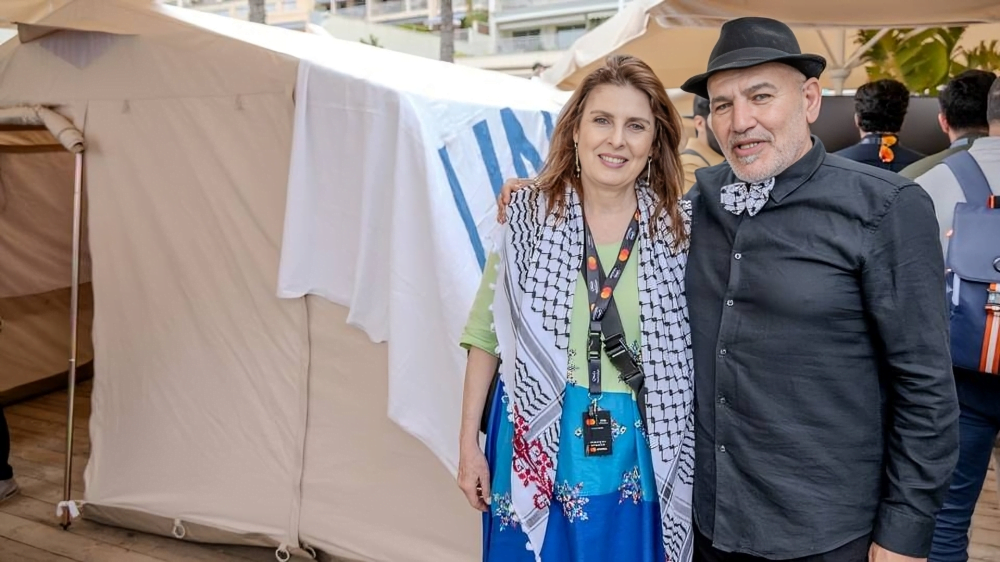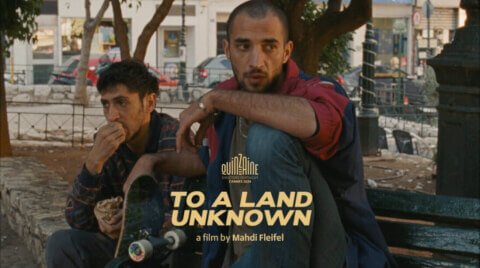Directors emphasized the importance of Palestinian narratives amid the ongoing military bombardment in Gaza.
Veteran Palestinian filmmaker Rashid Masharawi was abroad when the Gaza conflict erupted last year, prompting him to pass the camera to other filmmakers still within the besieged area.
“They are the story” of Masharawi’s project, which he presented at the Cannes Film Festival in France, more than seven months after the conflict erupted. “They were fighting to protect their lives, their families, to search for food, for wood to make a fire,” Masharawi stated.

The result is a collection of short films titled Ground Zero, depicting the Israeli bombardment of Gaza and the ensuing humanitarian disaster from the perspective of civilians.

One film shows a mother displaced by the conflict bathing her daughter using a large white bucket and a clean Turkish coffee pot. Another recounts a man’s 24-hour ordeal under rubble after his building collapsed.
Masharawi directed the 20 teams in Gaza remotely, describing the process as “very, very, very difficult.” “Sometimes we needed to wait one week to 10 days just to be in contact with somebody, or just to have internet to upload material,” said Masharawi, who was born in Gaza.
At times, teams were occupied with finding a tent, securing insulin for a director’s mother, or locating an ambulance to rescue children. The films are among several Palestinian stories being showcased at the festival, including Mehdi Fleifel’s Athens-set refugee drama To A Land Unknown.

Israel’s military offensive has killed more than 35,000 people in Gaza, mostly women and children, according to regional health ministry figures. Meanwhile, Israel’s pavilion in Cannes is promoting its filmmaking from thousands of miles away.
Palestinian cinema does not have its own tent at the event, but Algeria has provided space for its filmmakers at the opposite end of the international market in Cannes. “Our narrative and storytelling is more important than ever,” said Norway-based Palestinian director Mohamed Jabaly.
Jabaly finished filming his latest project, Life is Beautiful, just before the war started. A close friend who shot the last scene did not survive the conflict. “He was killed while waiting for food aid,” said Jabaly.
Munir Atallah, of US-based Watermelon Pictures, aims to bring the quirky family portrait to North American audiences, stating that Palestinians have “for too long been shut out by the gatekeepers of the industry.”
One Palestinian who has already found an audience in the United States is Cherien Dabis, who directed the 2009 film Amreeka and co-directed the hit Hulu series Ramy. However, the Gaza war disrupted the shooting of her latest film, a historical epic.
Crew member Ala Abu Ghoush, based in Ramallah, has responded by making a documentary about the stalled project, titled Unmaking Of. “The film is really asking the question: What is the importance of doing films and art in this kind of situation, in this war?” said Abu Ghoush.


